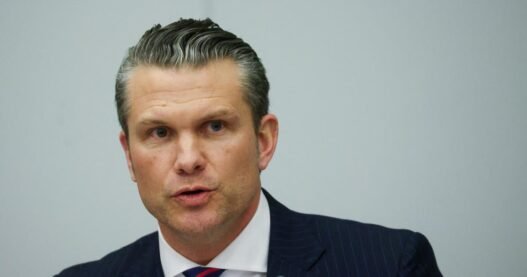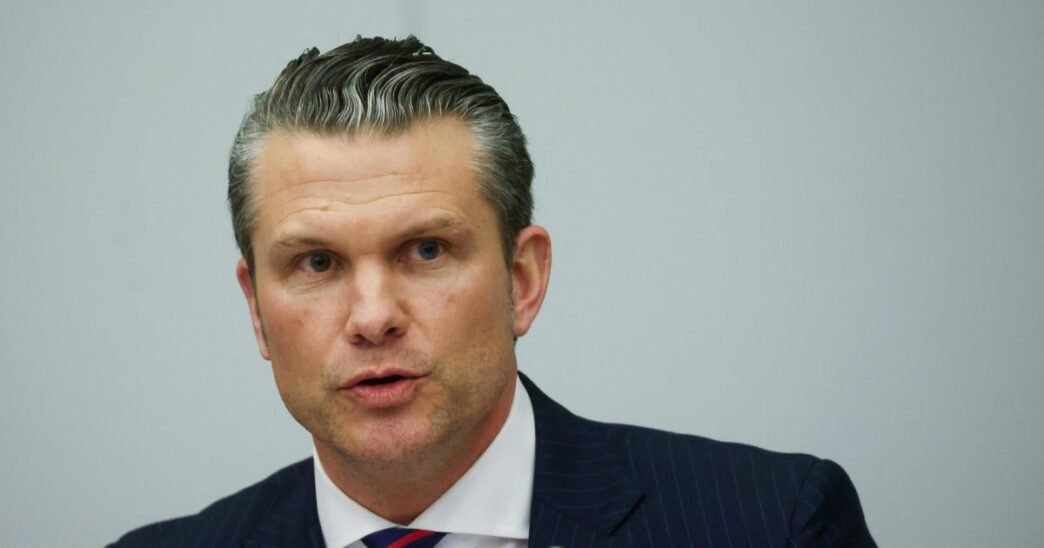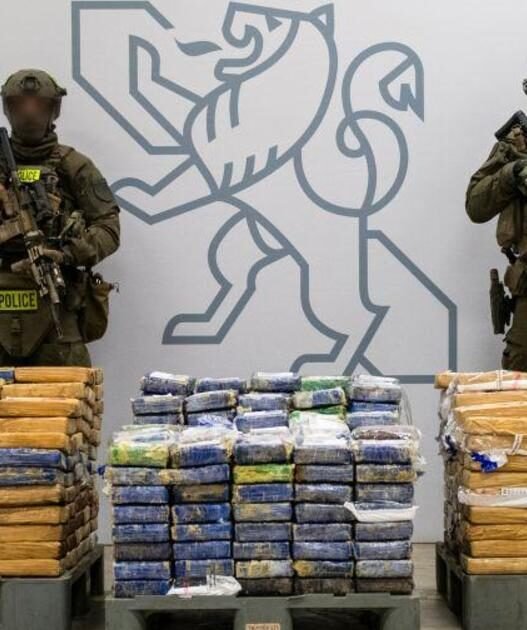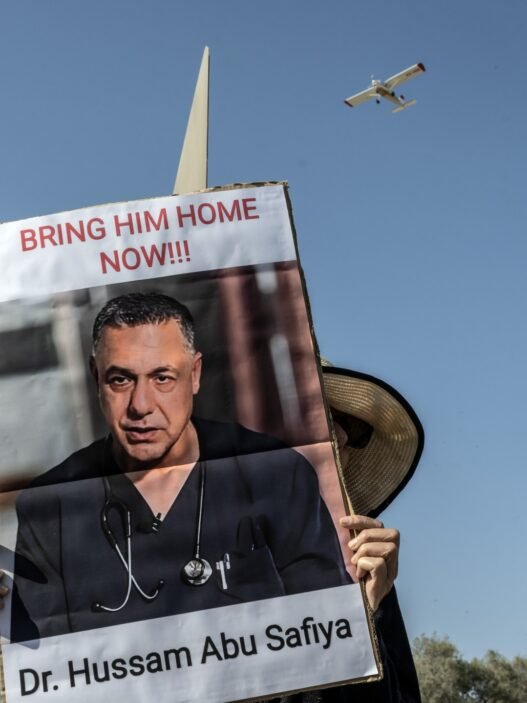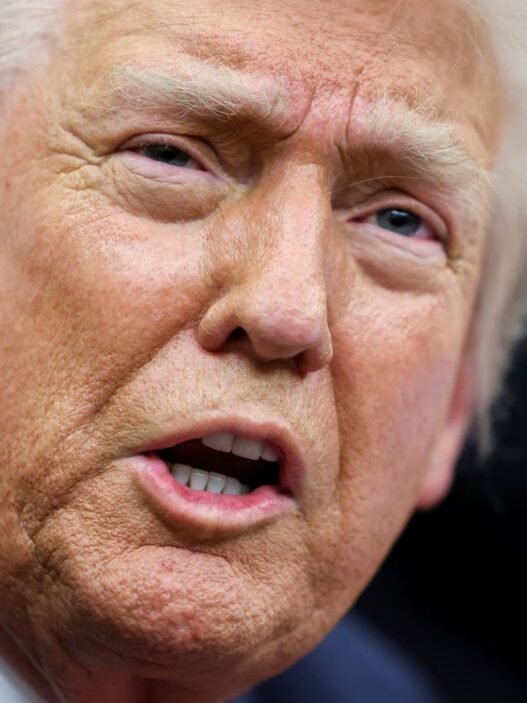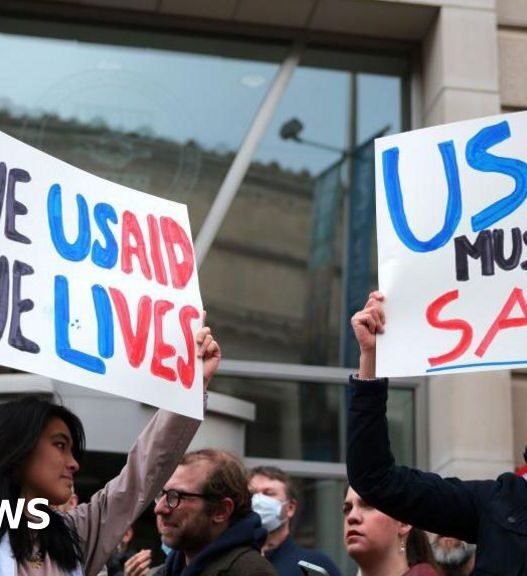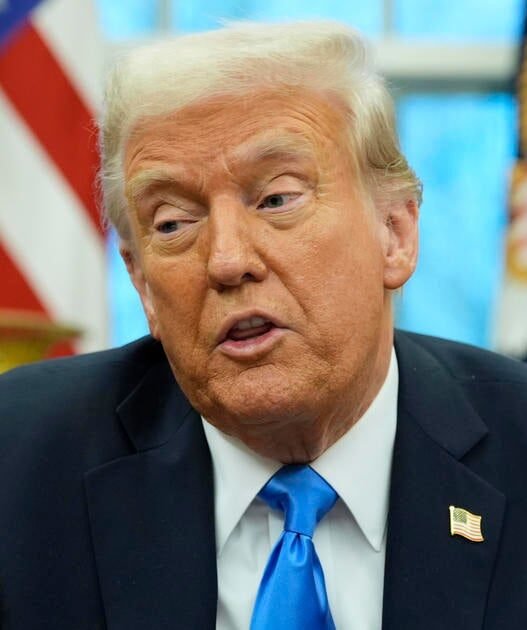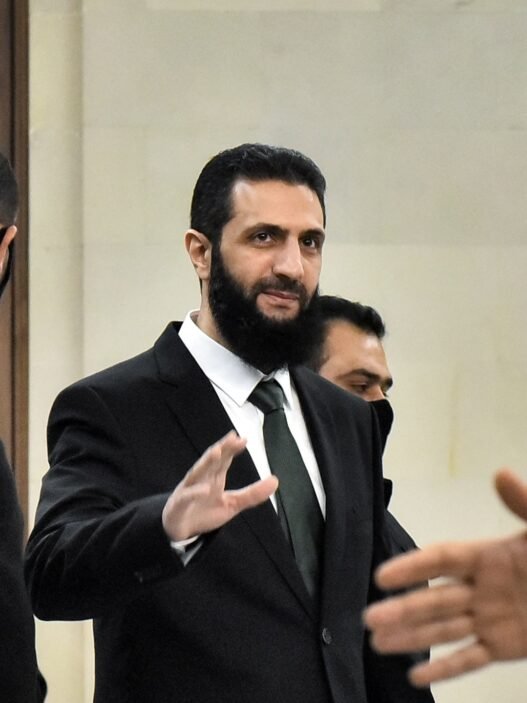U.S. Defense Secretary Pete Hegseth said a peace agreement between Ukraine and Russia must include security guarantees for Ukraine, but that they “should not be provided through NATO membership, but must instead be backed by capable European and non-European troops.”
The defense chief spoke not long before President Trump announced in a social media post that he had agreed with Russian President Vladimir Putin to begin negotiations to end the war in Ukraine, during a phone call with the Russian leader on Wednesday. He said he would be calling Ukraine’s President Volodymyr Zelenskyy immediately “to inform him of the conversation.”
In remarks delivered ahead of a closed-door meeting of the Ukraine Defense Contact Group to discuss further aid for Ukraine, Hegseth called Ukraine’s goal of returning to its pre-2014 borders — before Russian forces first invaded and started seizing ground, annexing the Crimean Peninsula — an “unrealistic objective.”
The U.S. defense chief said “as part of any security guarantee, there will not be U.S. troops deployed” to Ukraine.
Furthermore, he said any peacekeeping troops deployed to Ukraine should not be part of a NATO mission, nor covered by Article 5, the alliance’s mutual defense pact.
Around 50 countries make up the Ukraine Defense Contact Group, which has provided support for Ukraine since Russia launched its full-scale invasion of the country in February 2022.
Hegseth said that, moving forward, Europe should “provide the overwhelming share of lethal and nonlethal aid to Ukraine,” and urged those in attendance at the Brussels summit to speak to their governments about increasing their defense spending, as the U.S. shifts its focus elsewhere.
Hegseth says U.S. won’t be “primary guarantor of security in Europe”
“I’m also here today to directly and unambiguously express that stark strategic realities prevent the United States from being the primary guarantor of security in Europe,” Hegseth said, stressing that the U.S. would be focusing on its own border security and China.
“The U.S. is prioritizing deterring war with China in the Pacific, recognizing the reality of scarcity, and making the resourcing tradeoffs to ensure deterrence does not fail. As the United States shifts its attention to these threats, European allies must lead from the front,” Hegseth said.
The Ukraine Defense Contact Group in total has provided Ukraine with over $126 billion in military assistance and weapons, the Associated Press reported. The United States has provided $66.5 billion of that and has chaired the group since its inception. It is unclear who will chair the next meeting.
“We hear you,” the United Kingdom’s Defense Secretary John Healey said in response to Hegseth’s remarks.
Mr. Trump promised that he would quickly end the war in Ukraine when he took office earlier this year, and he’s often complained about it being too costly to U.S. taxpayers.
In his remarks, Hegseth said the U.S. and Europe “can establish a division of labor that maximizes our comparative advantages in Europe and the Pacific respectively,” but that it “will require our European allies to step into the arena and take ownership of conventional security on this continent.”
“The United States remains committed to the NATO alliance and to partnership with Europe,” Hegseth said. “But the United States will no longer tolerate an imbalanced relationship which encourages dependency. Rather, our relationship will prioritize empowering Europe to own responsibility for its security.”
Eleanor Watson
contributed to this report.
